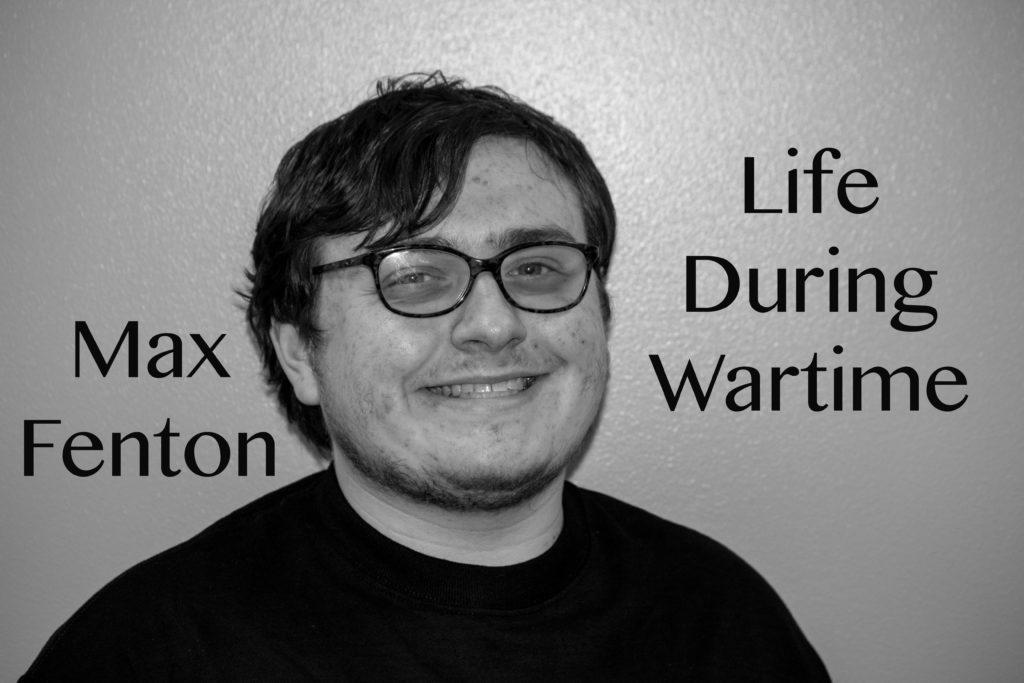On Nov. 2, 1983, President Ronald Reagan signed in to law HR 5890, an act declaring the birthday of Dr. Martin Luther King, Jr. to be a federal legal holiday. At the official remarks for the signing, where he was joined by King’s widow and children, congressional leaders and a veritable who’s-who of social activists, Reagan was quoted as saying: “As a democratic people, we can take pride in the knowledge that we Americans recognized a grave injustice and took action to correct it. And we should remember that in far too many countries, people like Dr. King never have the opportunity to speak out at all.”
Reagan was right that grave injustices existed in the United States. And he was right that King’s speech was protected by our Constitution. Dr. King is known as the most famous American activist in recent history for a reason. But the vision of Dr. King that Reagan presented in his speech casts a shadow on our historical perspective of his legacy today.
Public school curricula nationwide rightfully teach children about the civil rights movement and Dr. King’s legacy. While they discuss American racism and learn a basic history of the civil rights movement, the curriculum avoids talking about Dr. King’s more radical edges. They do not learn about his radical opposition to the butchery of the Vietnam War or his progressive views on economic justice and redistribution. They do not know that he considered the American military-industrial complex to be “the greatest purveyor of violence in the world today.”
Rather, what Americans are taught about Dr. King is watered-down version of his belief in racial equality that scrubs our collective conscience clean. It acquits the powerful forces and vested interests in this country that created inequality in the first place, and it makes the disgusting claim that King’s message was only realized because he lived in the United States, the very nation that was in opposition to his message of racial harmony and critique of American power.
King’s message has warped into a trite message of refusal to indict American failures — the ones that led to unjust laws in the first place. #AllLivesMatter activists post Dr. King’s quotes out of context to justify the murder of Black people by racist police — a failure to understand King’s legacy. Dr. King has become a sanitized caricature that is safe for the powerful, and his legacy has been twisted to support the status quo.
We follow this same trend with social activists today. Malala Yousafzai has rightfully been hailed as an international hero for her girls’ education campaign and inspiring story of recovery. But her true politics are sanitized in favor of a “clean” version that supports the status quo. In a statement to the Pakistani International Marxist Tendency, the largest organization of its kind in Pakistan, Malala wrote: “I am convinced Socialism is the only answer, and I urge all comrades to take this struggle to a victorious conclusion. Only this will free us from the chains of bigotry and exploitation.”
In a meeting with President Obama in 2013, she discussed her fears that drone strikes as a war tactic fuel terrorism and that education was a good place to refocus efforts to combat terrorism. Nowhere in American media or official White House press dispatches were either of these instances of Malala’s radicalism discussed. Only the progressive press and Malala herself inform us of these occurrences.
In order to justify our own failings as a nation, the powers-that-be sanitize the historical records of activists to fulfill the obligations of the status quo. They become saints of the status quo, and not the radicals they were and are. Despite tritely claiming we want to make meaningful change, avoiding the actual progressivism impedes our efforts to do good in this world.
Ultimately, smoothing the radical edges of beloved figures like Dr. King or Malala Yousafzai buys into the clean mythologies created about them by the powerful. If we want to make real change in the world, we need to also learn about the progressive legacies of our most famous activists instead of passively accepting the twisted messages of the status quo.




























































